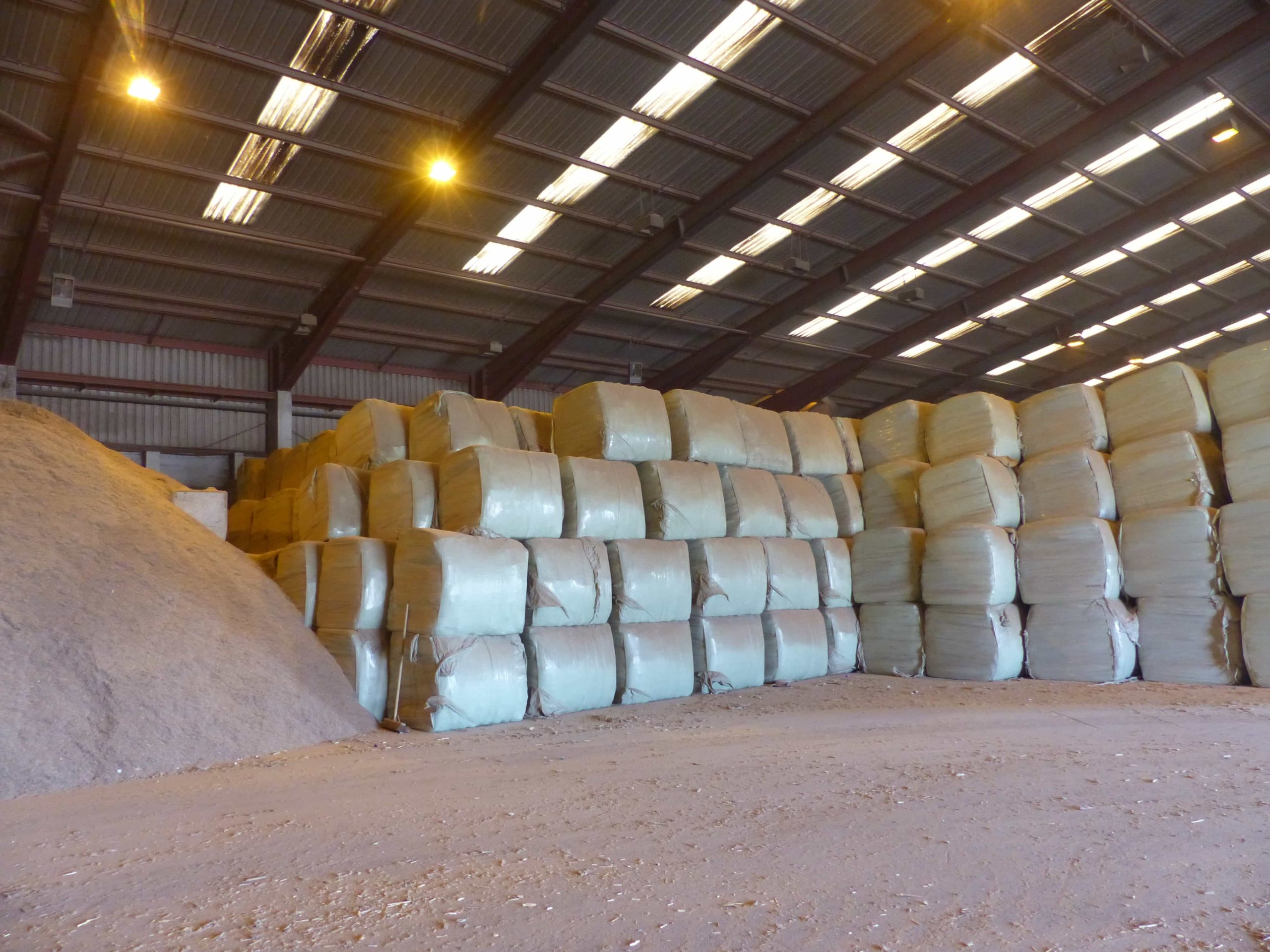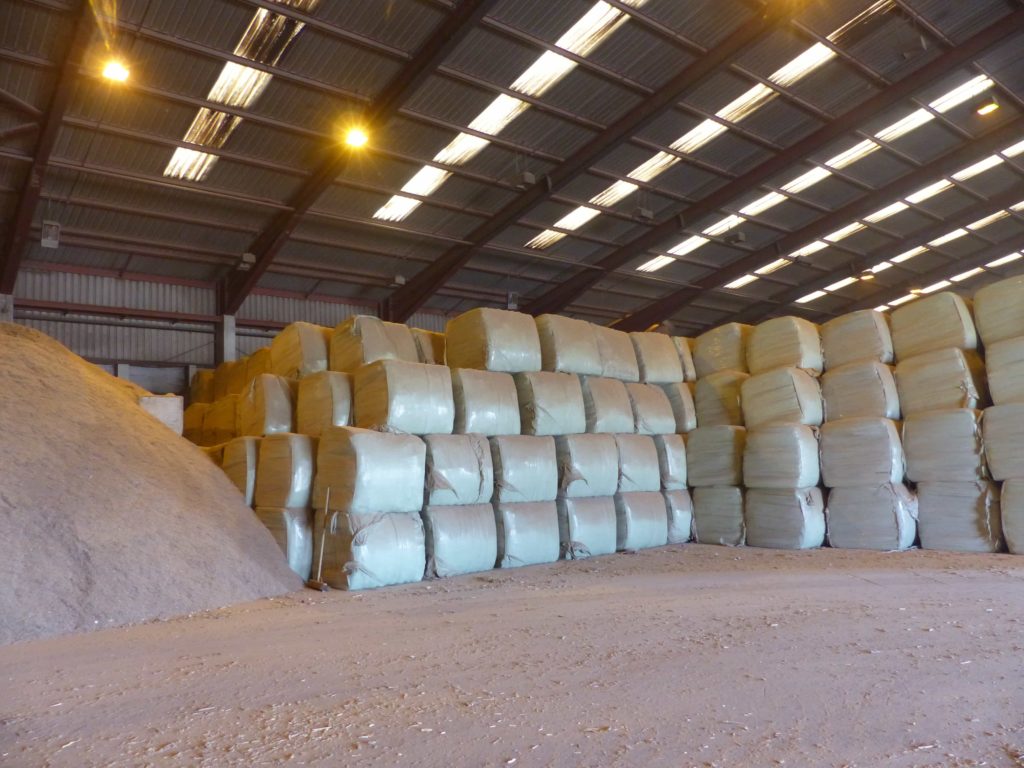
Bristol’s cabinet this week (June 2) approved a report’s recommendation to join the deal for the next 12 months, while producing another report to cabinet later this year reviewing options for future waste treatment beyond July 2016.
The council estimates that the short-term agreement will produce annual savings of around £255,000, based on a maximum of 40,000 tonnes of RDF being exported, by cutting the amount of Bristol waste sent to landfill from 30% to 10%.
Under an agreement to join the deal, the 40,000 tonnes of waste would be processed by Boomeco and exported to Sweden from its premises at Avonmouth docks, where the firm was forced to halt its RDF operations last year after a fly infestation due to poorly wrapped bales of waste (see letsrecycle.com story).
In addition, the council believes the arrangement will ‘marginally’ increase the city’s recycling rate through the capture of metals, glass and wood during the processing of waste into RDF.
The agreement forms part of an option outlined in North Somerset council’s existing RDF deal with wood recycling and RDF firm Boomeco, which allows other authorities to join the deal.
[testimonial id = “241” align=”right”]
The contract will therefore be managed by North Somerset, which first agreed the deal in February 2014 with Boomeco to send 7,000-10,000 tonnes of its waste each year as RDF to a combined heat and power (CHP) facility in Sweden (see letsrecycle.com story).
Bristol city councillor Daniella Radice, Assistant Mayor for neighbourhoods with responsibility for the environment, said: “This contract is consistent with Bristol’s policy of using the waste hierarchy in managing the city’s waste. Sending waste to landfill is the least environmentally friendly option, and so diverting it, is a small step in the right direction.
“This is a temporary contract as I am aware of the danger that long term commitments to combined heat and power plants can lead to a reduction in the incentives to reduce and re-use waste. During the next few months we will be working on longer term options and reviewing the waste strategy for the council with the help of scrutiny.”
Long term strategy
According to Bristol city council, a longer term strategy will also be developed to ensure it meets proposed European Union 70% recycling targets and will include the procurement of new waste treatment contracts.
It follows a waste inquiry day held by the council on November 26 2014, at which councillors considered options for dealing with the city’s residual waste, reportedly agreeing that the priority was first and foremost landfill diversion. This was followed by a second inquiry day in March 2015, looking at longer term solutions.
And, despite recommending joining the Boomeco RDF deal, the report notes concern among councillors that exporting waste was preferable to landfill “but still highly undesirable”, adding that preferred waste technologies are MBT, anaerobic digestion (AD) and pyrolysis/gasification.
Suez contract
Bristol currently sends around 52,000 tonnes of waste to landfill each year through a contract with SITA UK – now named Suez Environnement – which is around 30% of the city’s overall yearly waste tonnage.
The remaining 70% is sent for mechanical biological treatment (MBT) under a deal with New Earth Solutions.
However, the report notes that while consideration has been given as to whether the SITA/Suez deal could offer any alternatives to landfill ‘this has not proved to be the case’.
The report states: “The contract we have with SITA should have delivered an alternative method for treatment rather than landfill from 2013/14. However at the time they have not gone ahead with a gasification plant so we have been looking at the options open to us.”
As such, the Bristol was recommended to approve a short term deal with Boomeco “while talks continue with SITA to review current indicative pricing”, with the report adding that “should the SITA offer not be acceptable that a new procurement process is conducted to treat the waste using processes with guaranteed performance”.












Subscribe for free